Organizational Culture
-
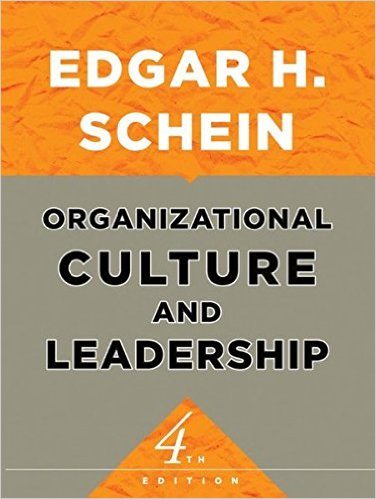
Organizational Culture and Leadership by Edgar H. Schein
-
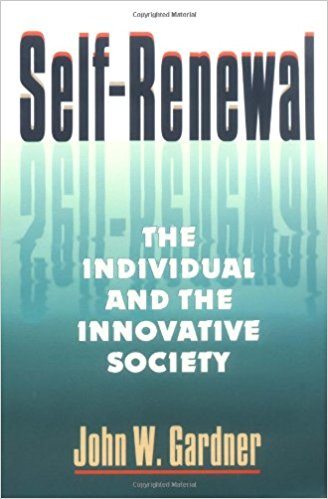
Self-Renewal: The Individual and the Innovative Society by John W. Gardner
-
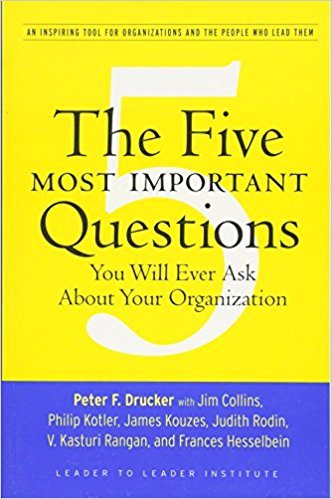
The Five Most Important Questions You Will Ever Ask About Your Organization by Peter F. Drucker
-
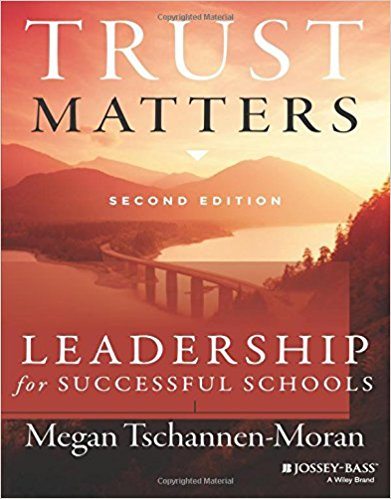
Trust Matters: Leadership for Successful Schools by Megan Tschannen-Moran
-
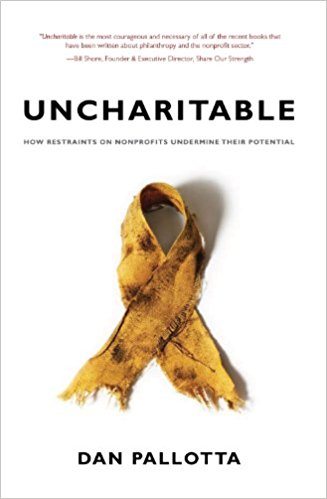
Uncharitable: How Restraints on Nonprofits Undermine Their Potential (Civil Society: Historical and Contemporary Perspectives) by Dan Pallotta
